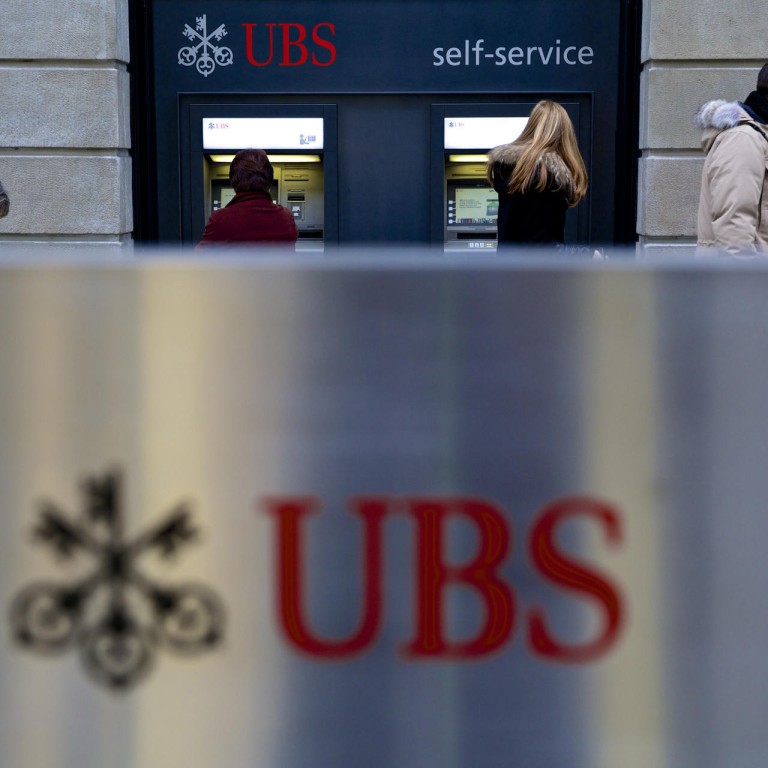
Asia's wealthy families show higher appetite for risk
UBS says family office investments have been underperforming American and European peers
The wealthy in the Asia-Pacific region are increasing their exposure to short-dated and risky securities, including US stocks and high-yield debt, as growing risk appetite weighs on demand for safe-haven assets, finds an annual survey by Swiss bank UBS.

Enrico Mattoli, a managing director at UBS, said the recent retreat in US stocks provides buying opportunities for Asian investors, whose returns lag their American and European counterparts largely because they are underweight in developed-market stocks.
Developed-market stocks represents 13 per cent of Asian family offices' overall portfolio, compared with 23 per cent in the US and 19 per cent in Europe.
Family offices are investment units aimed at transferring and preserving wealth using family talent and external investment professionals to serve generational needs, including retirement spending, charity, and college tuition.
Asian families, which have on average US$480 million in assets under management, produced a return of 7.56 per cent last year, underperforming the American and European peers that delivered at least 9 per cent, the UBS report showed.
American family offices, which had 23 per cent of their investments parked in developed market stocks, operated an average portfolio of US$1.2 billion, followed by US$890 million for the European family offices.
Global investment banks with a strong wealth management platform are looking to monetise Asia's rising demand for tailor-made wealth management and non-investment-related services such as family units and philanthropy, but the concept of building family offices is still nascent in Asia.
Apart from the bullish mood over US securities, Mattoli said Asian investors have been the most active in pre-IPO investments in high-flying technology companies such as social media giants Facebook and Twitter that dominated the media spotlight even before they went public.
"Through partnership with investment banks, family offices can get access to private fundraisings in the US technology space, such as home-rental site Airbnb and taxi-hailing app Uber," said Mattoli.
Airbnb, for example, is arranging for investors to buy employee shares valuing the technology start-up at more than US$13 billion, according to media reports.
The California-based company has already raised US$800 million in seven rounds of financing, underscoring its growing popularity as an alternative to hotels for travellers looking for bargain deals.
Technology firms commonly arrange a private share sale for their employees, allowing them to cash in part of their stakes before an initial public offering and also providing a way to incentivise staff.
Almost two-thirds of all family offices globally have taken part in such syndicated deals facilitated by their investment banks, and Asian investors were the most active buyers, partly due to their higher risk appetite.
In addition to participating in syndicated deals, making co-investments with other family offices is also prevalent in Asia, with most such investments taking place in real-estate projects.

